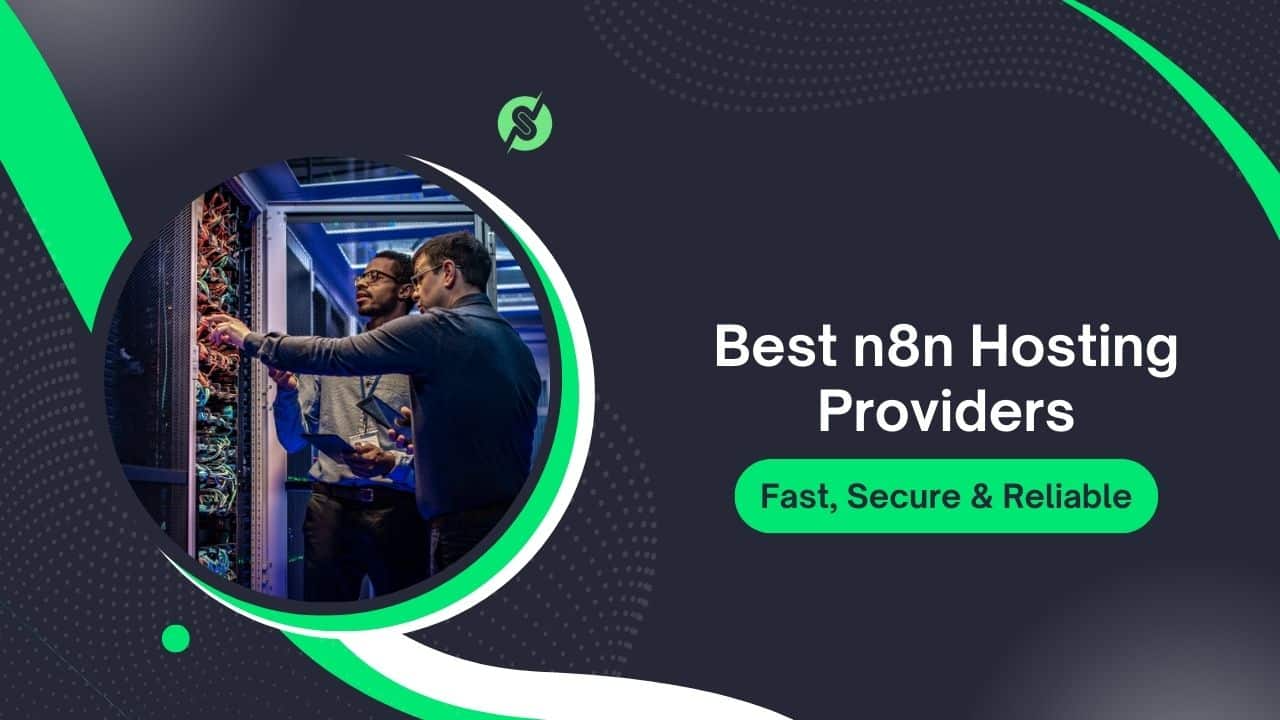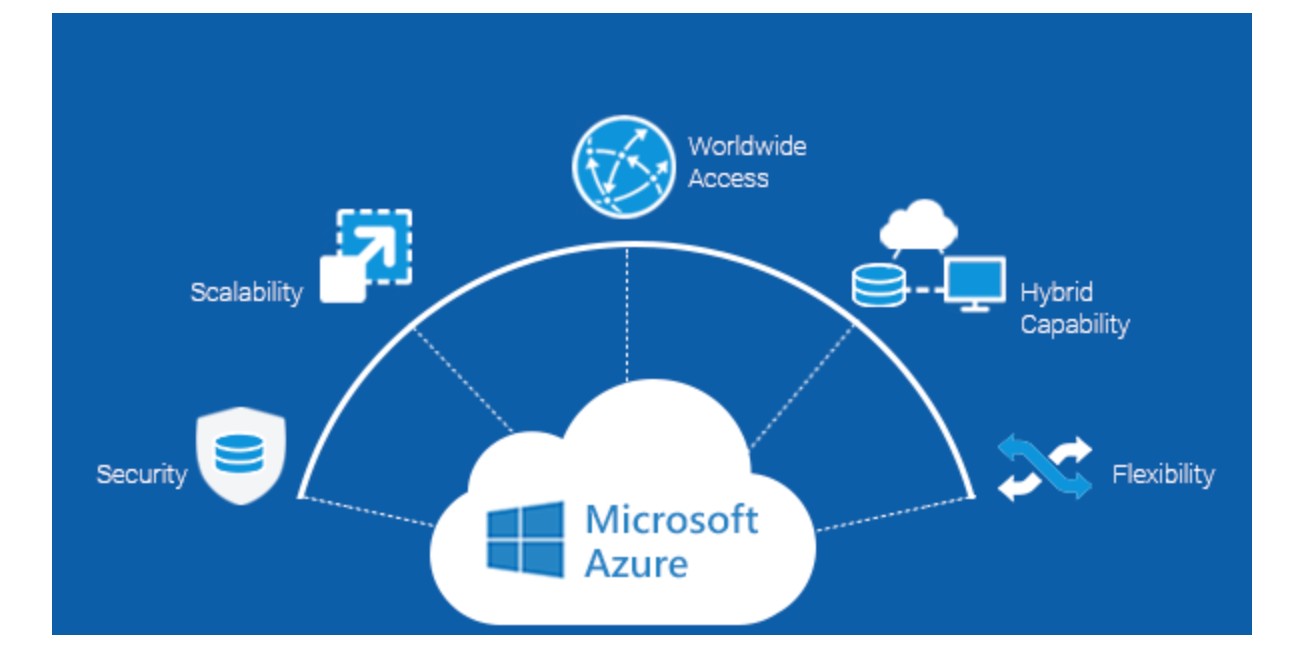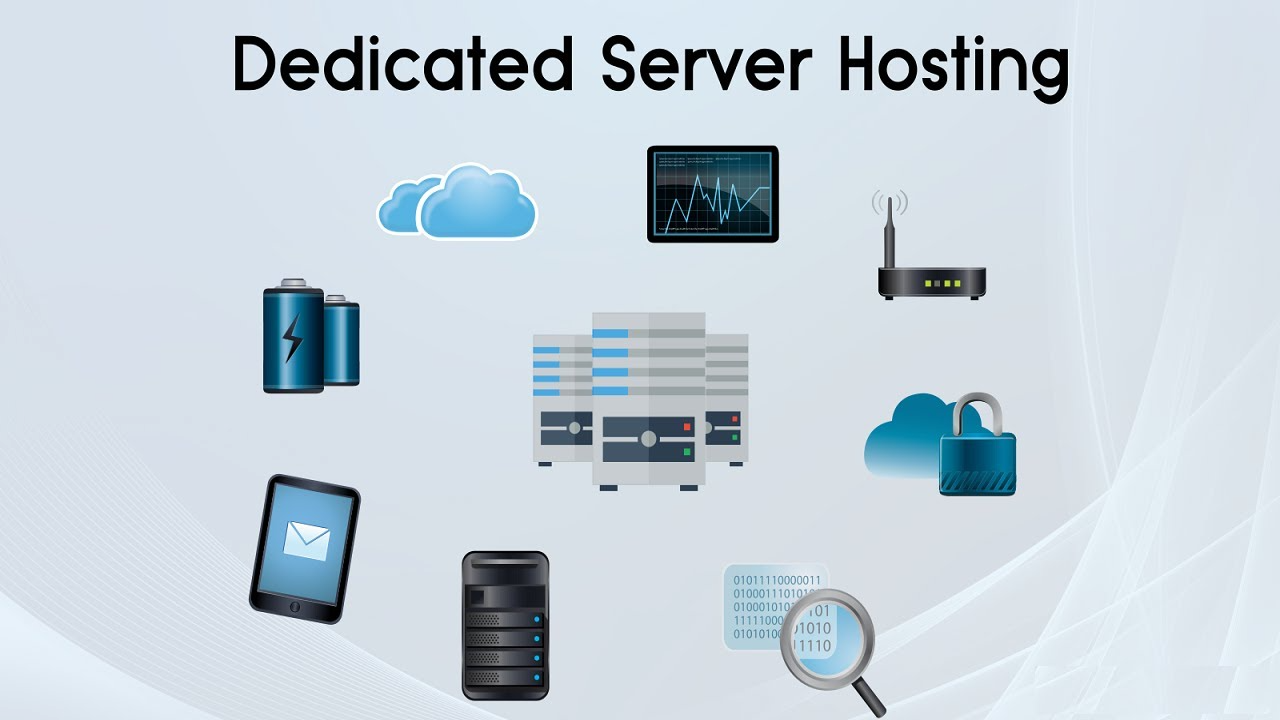Since the origins of trade and business, humans have required better ways to store and access data. Important data was physically saved on paper before the computer age; today, data is mostly stored on hard drives in computers and servers. Large volumes of data may be stored, processed, and retrieved rapidly and easily with these hard drives and servers.
Hard drives and servers, on the other hand, have their limitations, and with the rate at which today’s businesses and sectors are growing, the need for data storage and management has become a necessity. This is where Cloud Computing can come in handy.
What Is Cloud Computing?
The distribution of various services over the Internet is known as cloud computing. These resources include data storage, servers, databases, networking, and software, among other tools and applications.
Cloud-based storage allows you to save files to a remote database rather than keeping them on a proprietary hard drive or local storage device. As long as an electronic device has internet access, it has access to the data as well as the software programs needed to run it.
Cloud computing is a popular choice among individuals and corporations. Cost savings, greater performance, speed and efficiency, reliability, and security are all reasons for this.

Types Of Cloud Computing Service
There are three main types of Cloud Computing services:
- Infrastructure as a Service (IaaS)
It is a way of delivering anything from operating systems to servers and storage as part of an on-demand service using an Internet protocol connection. Instead of purchasing software or servers, clients can obtain these resources through an outsourced, on-demand service. IBM Cloud and Microsoft Azure are two popular IaaS examples.
- Software-as-a-service (SaaS)
It is usually offered as software services over a web browser on the client’s side. These applications are hosted by a third party. SaaS eliminates the need to deploy and manage apps on end-user devices.
Web services and content can potentially be accessed by any employee. As a result, effective visibility and access controls are essential to keep track of the types of SaaS applications used, as well as their utilization and costs.
This kind of functionality is available in Microsoft Office 365.
- Platform as a Service (PaaS)
Provides tools and other computing infrastructure so that businesses may concentrate on designing and implementing online applications and services.
Developers, operations, and DevOps teams are the primary beneficiaries of PaaS setups. Controlling risk requires careful management and design of self-service privileges and rights.

Cloud Computing Security
The concept and practice of protecting cloud computing environments, applications, data, and information are known as cloud security, or cloud computing security. Preventing the cloud against unauthorized access, DDOS attacks, hackers, viruses, and other threats is what cloud security is all about. While cloud security refers to security for cloud environments, cloud-based security refers to security service provided via software as a service (SaaS) rather than on-premise hardware or software.
Cloud Computing Security Considerations
- Data Encryption
Encrypting your data in the cloud helps secure it from being accessed by unauthorized individuals. The bottom line of cloud security is to keep your data safe while it is in the cloud. In an environment over which you don’t have complete control.
To ensure that your data is protected at all times, you should encrypt anything that is being transferred to or downloaded from the cloud.
- Recognize Vulnerabilities Of Your Cloud Security
Many cloud security recommendations apply to every company, but the precise security issues you must address will be determined by the cloud security issues you’re seeking to solve.
Perhaps your company is concerned that hackers will obtain access to its cloud infrastructure, or that private data will be exposed. You may have already had a security breach at your company, and you are seeking a solution. Examine your cloud infrastructure for security flaws and identify areas where your cloud security can be improved.
- Policy & Strategy
Comprehensive cloud security programs should account for cloud security risk ownership and accountability (internal/external), gaps in protection, and controls required to mature security and achieve the desired outcome.
- Multitenancy
Multitenancy is the foundation for several of the cloud’s shared resource benefits, for example, cost savings and flexibility. However, it also raises issues related to data privacy and security.
- Prepare your company for cloud security
Your firm must stay up to date on cloud security. Security dangers can come from anyone, and they can be a huge internal risk if they aren’t properly taught on your cloud system. Your organization should organize workshops on how to utilize and manage its cloud deployment, as well as your IT team on the security policies your company employs to limit access and secure data.
Choosing A Cloud Computing Provider

- Cloud Security
Storing a company’s data in the cloud helps safeguard it from things like fire, floods, and earthquakes, as well as accidental loss and malicious activity. Cloud storage, particularly dedicated server hosting, also gives consumers access to a cloud provider’s security measures, allowing them to avoid cybercrime and other security issues.
Although users must still adopt their security precautions, such as maintaining passwords and permissions, moving data to the cloud protects sensitive data from physical damage, human mistake, and cyber threats by providing resources that are beyond the range of local network security controls.
- Scalability
Cloud service options range from simple public cloud packages to fully managed custom cloud solutions tailored to specific requirements, all of which may be adjusted to match a company’s shifting priorities and continued expansion.
The public cloud is a low-cost solution that allows many users to share the same remote host’s servers; private clouds dedicated to just one user; and hybrid- or multi-cloud options that can be a combination of cloud and local computing, or a group of cloud services dedicated to supporting different functions, are all options.
- Uptime
The efficiency of your website is directly linked to the uptime of your server. Cloud hosting ensures optimum network availability and eliminates single points of failure. Because it is a network of connected servers, if one server is unable to handle your request, another server from the pool of available servers will automatically take over all the workload of the lost server.
- BACKUP
Data is automatically backed up in interconnected servers using cloud hosting, which allows disaster recovery, as the cloud is a multi-server setup.
- MANAGEABILITY
You should also spend some time understanding what different cloud platforms will require of you in terms of management. Each service interfaces with a variety of other services and support multiple orchestration tools.
If you have any services that are critical to your business, be certain the cloud provider you choose has an easy way to integrate them. Before you make a final decision, you should figure out how much work and effort it will take your team to handle various components of the cloud infrastructure.
- PREDICABILITY
Your site will normally perform better, and it will be transferred immediately if more resources are required. As a result, your website is much less likely to crash. If one of the cluster physical servers malfunctions, the remaining servers will take over and display your site.
TezHost is one of the greatest and most trustworthy multinational web hosting companies, offering all hosting servers at reasonable rates to its customers. It has highly qualified and skilled staff in each profession who serve the clients 24/7.



